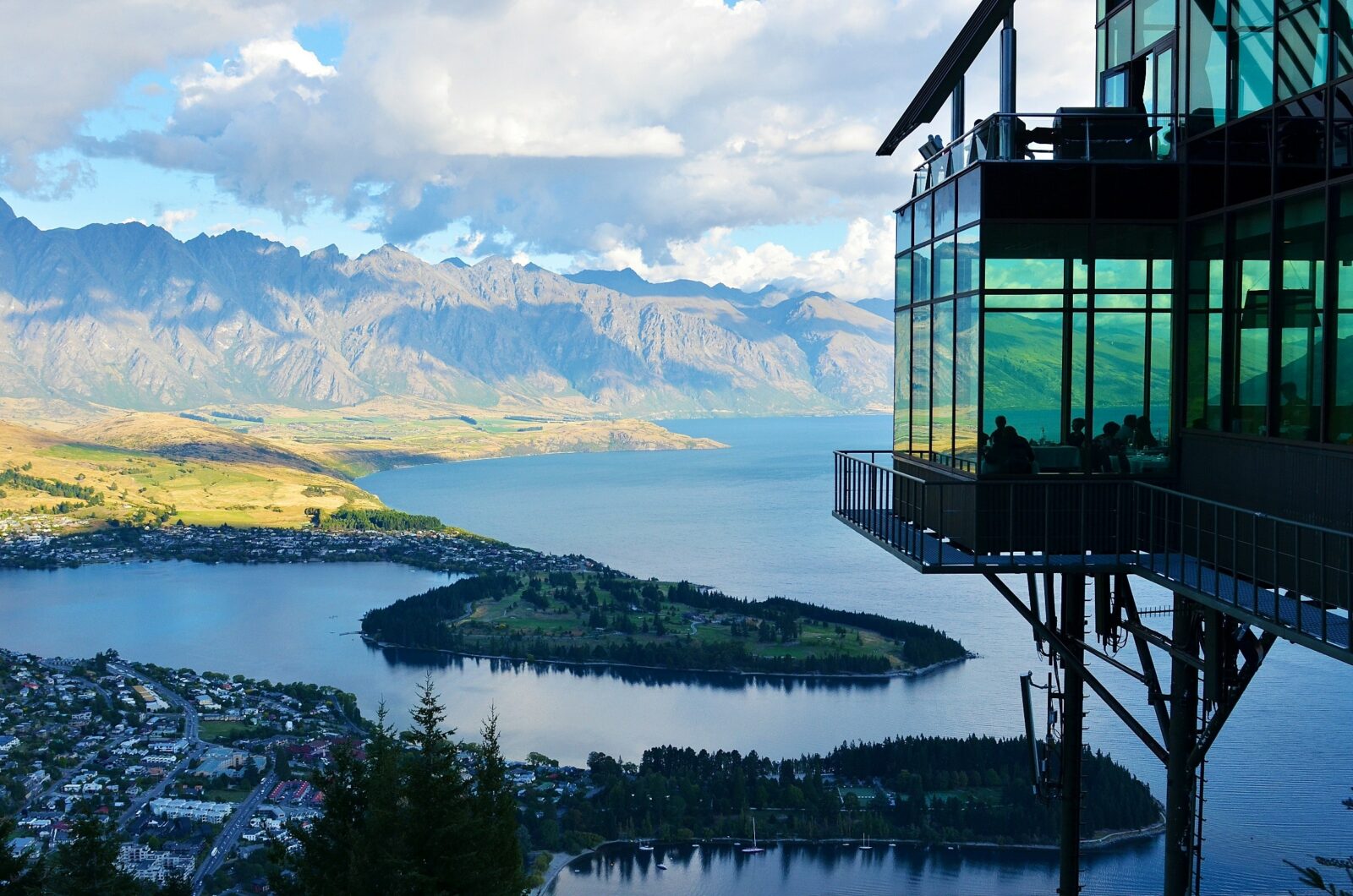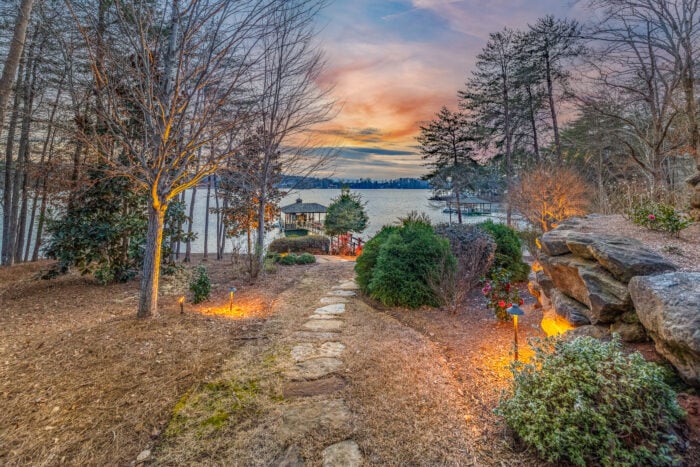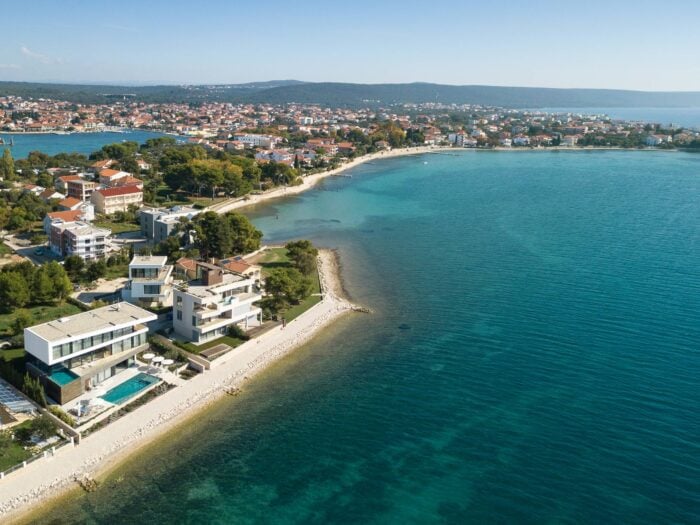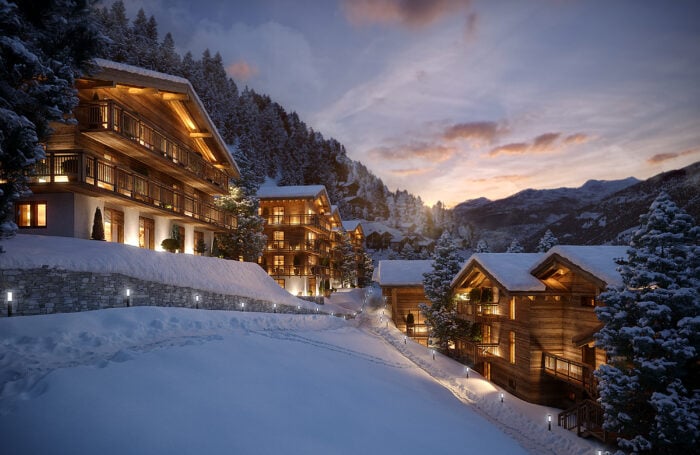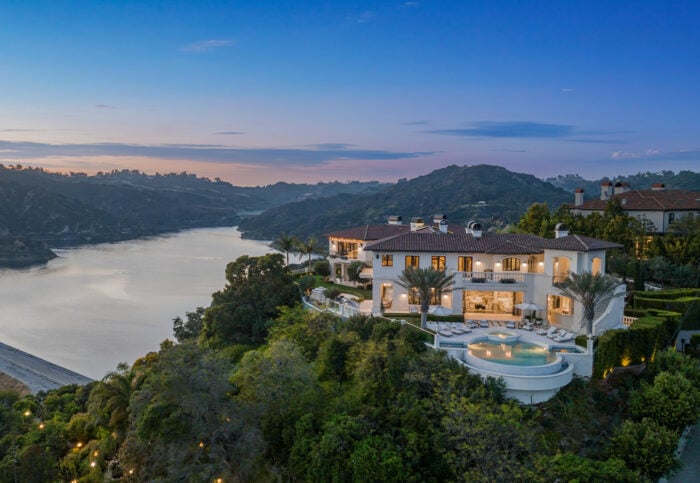New Zealand used to be an open property market until 2018, when most foreigners could no longer acquire residential properties.
The country’s Overseas Investment Amendment Bill has restricted most overseas individuals to buy homes, including luxury properties. Its stricter measures aim to prevent home prices from spiraling out of control.
Record-high property prices in recent years happened partly due to foreign property investments. Non-resident buyers—armed with ostentatious bids—had priced out many Kiwis from the housing market, prompting the government to take action.
Despite more stringent rules, foreigners can still acquire luxury properties if they familiarize themselves with the requirements.
Find Out If You Need Consent To Buy Properties
The government defines overseas people as non-citizens or “ordinarily residents” of New Zealand.
In general, only Australians and Singaporeans may purchase residences with or without prior consent.
New Zealand considers you to be ordinarily residents if:
- You are a tax resident.
- You possess a current residence class visa.
- You have stayed in the country for the preceding 12 months.
- You have stayed in the country for at least 183 days out of the 12-month period.

In general, only Australians and Singaporeans may purchase residences in New Zealand with or without prior consent.
Residence class visas comprise permanent resident visas or a similar visa based on the Immigration Act 2009.
Australian citizens and permanent residents should apply for New Zealand’s residence class visa upon entering the country.
Permanent residents in Singapore may also don’t need consent before acquiring luxury properties in New Zealand.
Be Aware Of Certain Exemptions
Married couples and civil-union partners no longer need to seek consent to acquire relationship properties. A couple may still buy a luxury property if one of them meets the criteria for acquiring residences.
If your partner isn’t an overseas person, then both of you could apply for consent. New Zealand would no longer take your visa status into account.
Overseas buyers also don’t need consent if they acquire properties from developments with transitional exemption certificates (TEC).
The Toitū Te Whena Land Information New Zealand (LINZ) keeps a register for large residential developments. Buyers won’t need consent when they acquire off-the-plan apartments.
LINZ regularly updated the register almost every month until 2019. New Zealand likely postponed new registrations for TECs because of the pandemic.
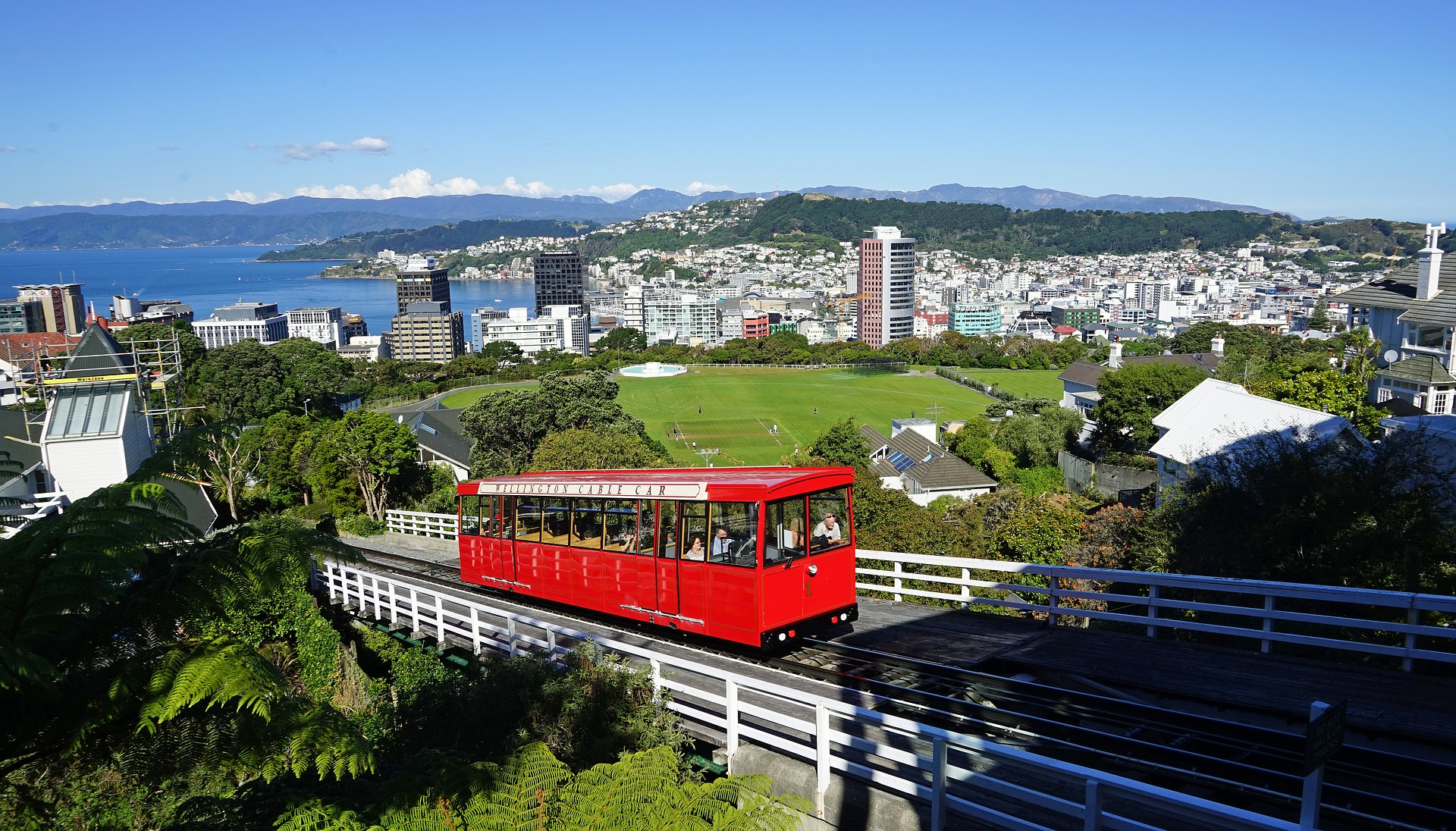
The most recent certificate involved a property development in Auckland in June 2019. According to the Overseas Investment Office (OIO), foreign buyers must be the first ones to purchase the units of developments with TECs.
In other words, overseas buyers would be unable to acquire resale properties. The OIO also enforces a deadline for the settlement of properties with TECs.
For example, the Auckland development’s TEC expiration happens on Aug. 22, 2023. While TECs allow a foreigner to buy and live in a house, the OIO restricts them from selling it.
You can review other exemptions by visiting the LINZ website.
Pay The Corresponding Fees
Qualified overseas buyers of residential property in New Zealand normally pay three kinds of fees. The OIO categorizes these fees as:
- Lodgement fee
- Assessment fee
- Monitoring compliance fee
You need to pay the lodgement fee before the government could process your purchase application, followed by the assessment and monitoring compliance fees.
If you buy an off-the-plan apartment, you would only pay NZD 2,040. There are no fees for lodgement, assessment and monitoring compliance.
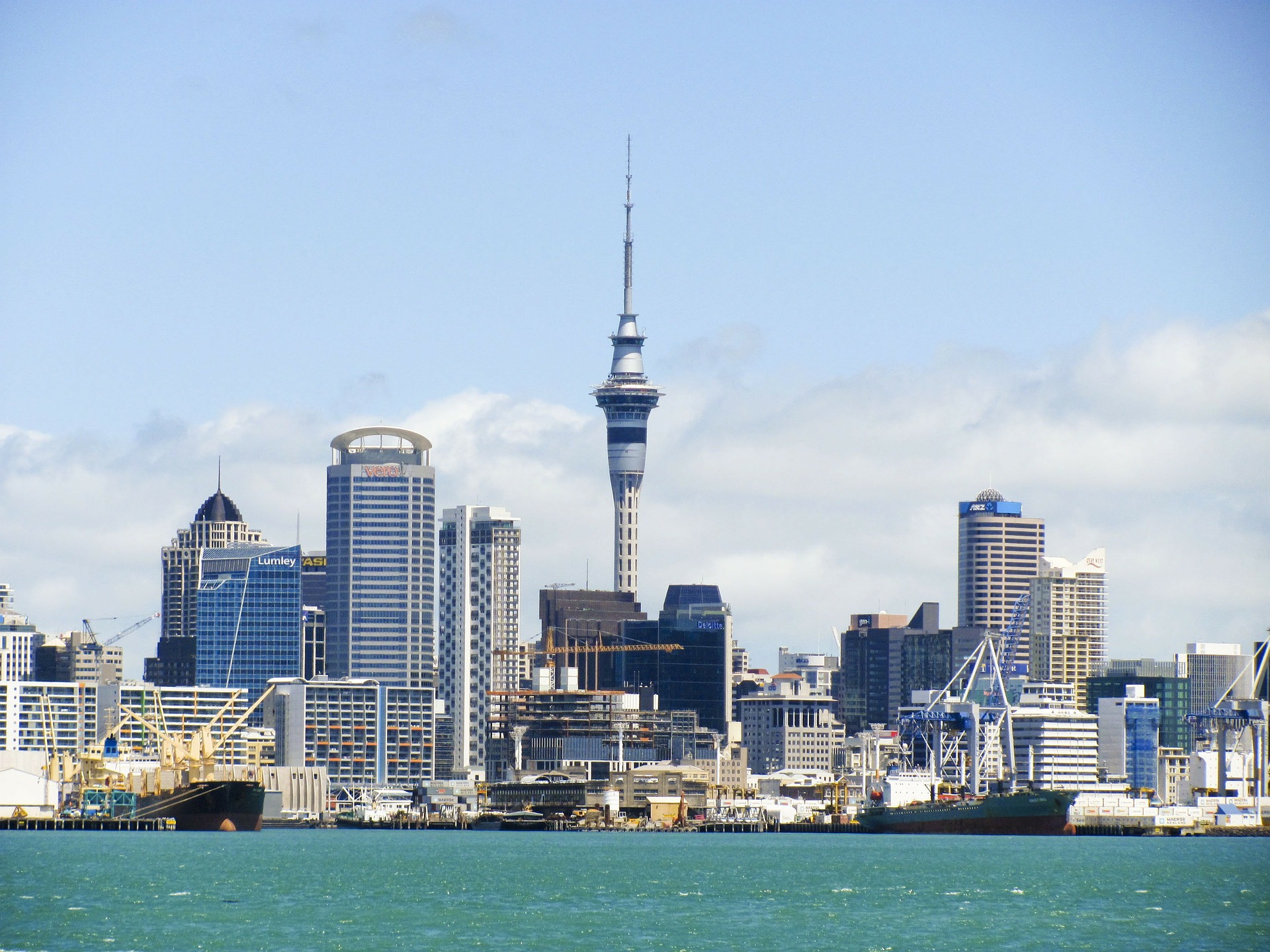
New Zealand’s response to the coronavirus and rebounding economy contributed to a steep increase in Auckland’s prime home prices.
Most non-resident luxury property buyers pay all three kinds of fees, especially when properties cost at least NZD 100 million (US $67.5 million).
The New Zealand government considers such expensive purchases to be “significant business assets.” Here’s the total fee for a sample purchase application:
{NZD 13,300 (lodgement) + NZD 22,100 (assessment) + NZD 3,400 (monitoring compliance) = NZD 38,800}
Check out the LINZ website to find out more about the fee schedule and how to pay the applicable charges.
The Hottest Prime Residential Market In New Zealand
A recent 2021 report showed that prime home prices in Auckland not only outperformed other cities in the country. Auckland also ranked as the top prime residential market worldwide with an 18% average price growth.
New Zealand’s response to the coronavirus and rebounding economy contributed to a steep increase in Auckland’s prime home prices.
Low mortgage rates and a contracted supply also led the city to have the world’s highest prime home price growth.
Luxury property prices in Auckland and elsewhere in New Zealand may also increase over the next few years. According to the report, by 2025, the number of high-net-worth individuals (HNWIs) in the country is expected to eclipse more than 359,000.
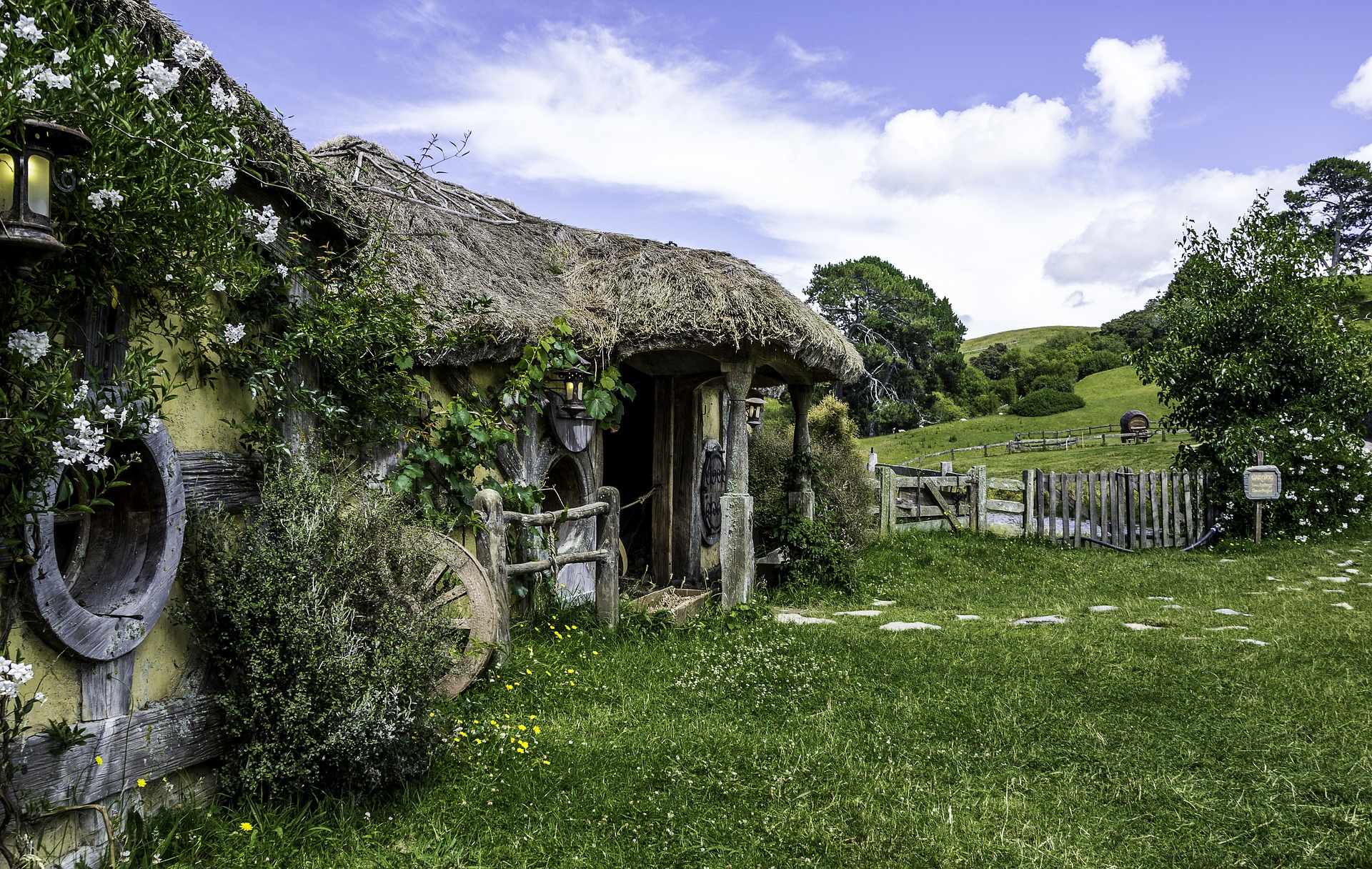
As more people in New Zealand would become wealthier, tougher competition awaits overseas buyers of prime properties in the foreseeable future.
HNWIs have a net wealth of more than US $1 million, excluding their primary residences. Nearly 3,000 people would comprise New Zealand’s ultra-high-net-worth (UHNW) group in 2025.
The net wealth of UHNW individuals exceeds US $30 million, excluding their primary residences.
As more people in New Zealand would become wealthier, tougher competition awaits overseas buyers of prime properties in the foreseeable future.
